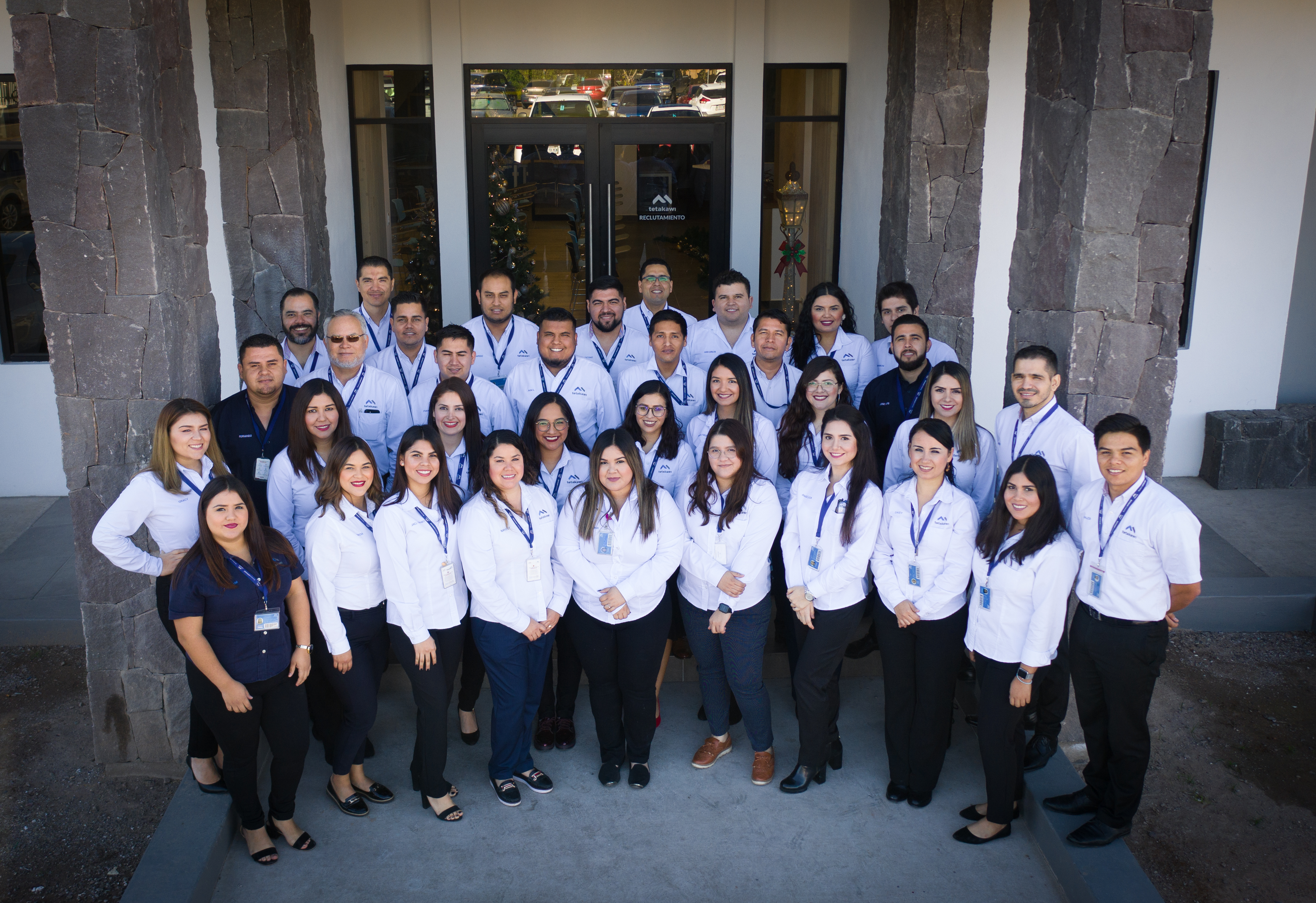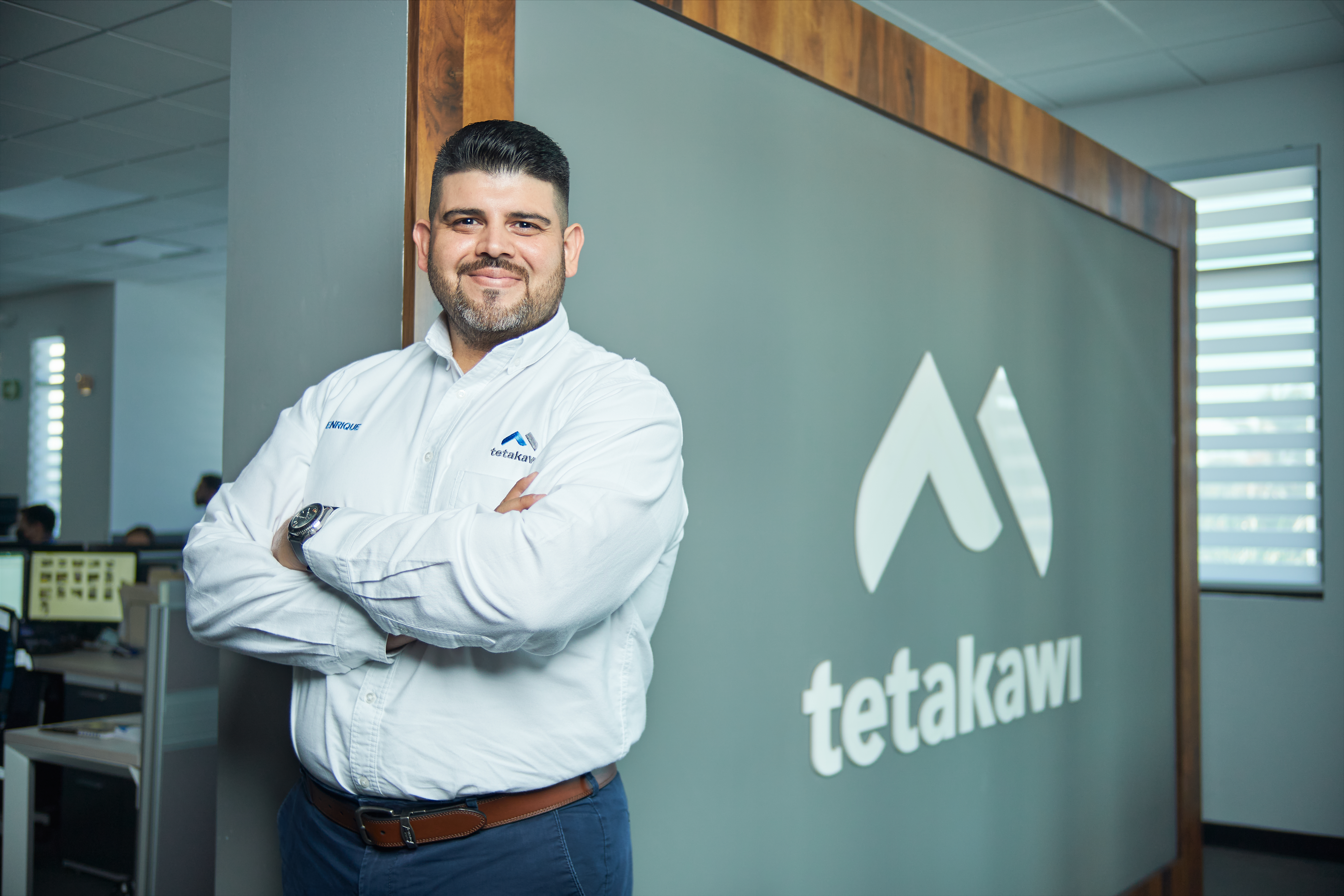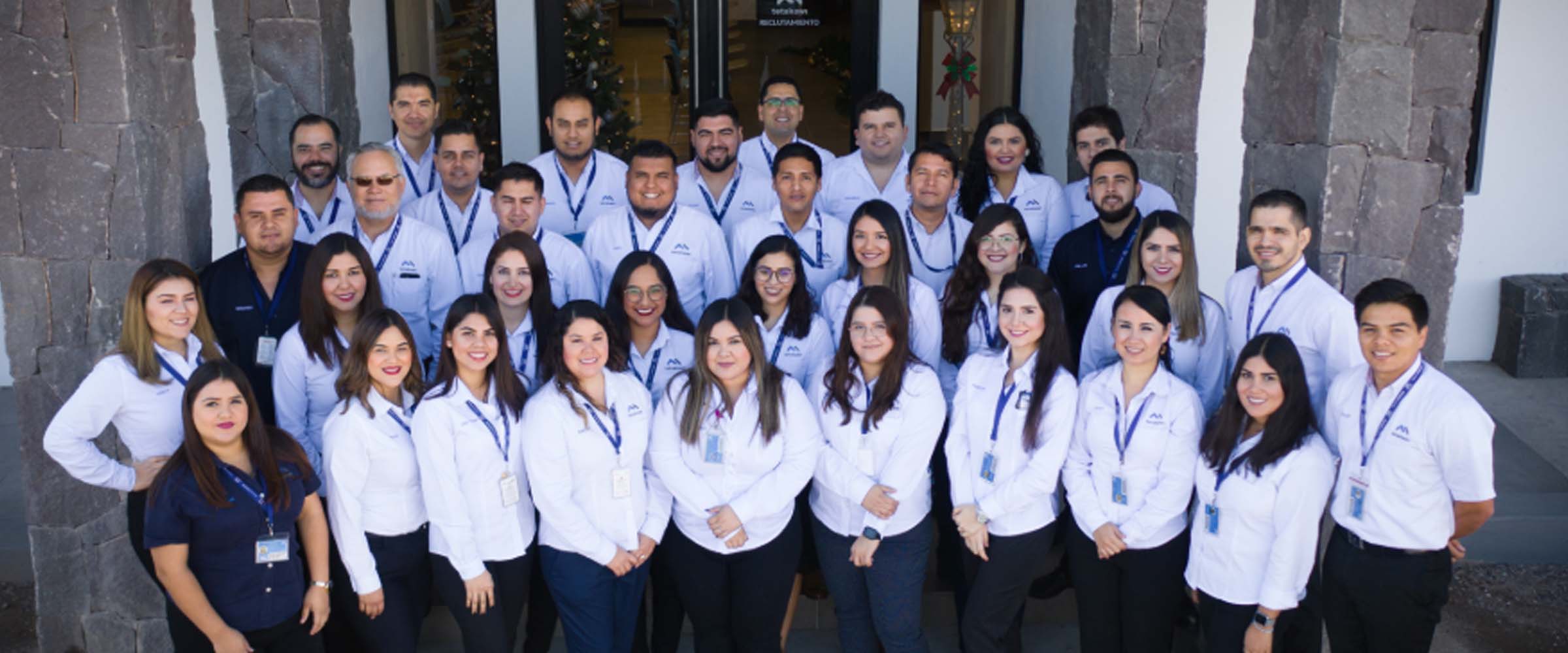Companies that use traditional means to perform business process outsourcing (BPO), or to farm out call-center work and information technology (IT) development are realizing that a low-cost, low-risk business model, once available to only manufacturers in Mexico, is no available to them for their use and benefit.
“The shelter concept in Mexico is now available to services,” notes Larry Carlson, marketing manager at Vangtel Nearshoring Solutions. “This is a huge advantage for anyone who is looking to outsource and reap cost savings in a non-traditional way.”
In a manufacturing shelter arrangement in Mexico, companies send raw materials and supervisory personnel to train and manage workers in a facility that they control. The Mexico shelter company executes the functions that are non-essential to manufacturing, such as payroll, human resources, environmental and customs compliance, logistics, facility maintenance and industrial park management. In this way, firms may almost immediately start-up operations in Mexico without establishing official presence in the country; under some service provider’s models they are in Mexico as a branch of their chosen supplier.
Vangtel’s parent company, The Offshore Group, has established a reputation as a leading organization in the maquiladora industry as a shelter service provider in Mexico. It’s Shelter Plan has enabled companies to establish and maintain manufacturing operations in Mexico since 1986. Since its inception in 2006, however, Vangtel has applied the “shelter” concept to service industry activities.
With the creation of the Vangtel Shelter Plan Business Model, “sheltering” in Mexico has been transferred to a new realm. Now, companies that have traditionally outsourced IT development, call-center work or any BPO activity to third-parties can have their own near-shore operation in Mexico. This makes the facility both U.S. and Canada time-zone-friendly, and ensures that the new operation is completely responsive to company management and guidelines.
Using Vangtel’s business model – and as few as a handful of skilled and bi-lingual Mexican employees, depending on the need – companies can quickly establish Mexico near-shore operations over which they have complete control. Utilizing labor-skill profiles and other specifications provided by the client, Vangtel locates and hires the talent needed to fill required positions. This is, of course, with client company approval. Under the Vangtel shelter model for service industry businesses, Vangtel also performs payroll administration, accounting, facility and workspace management, as well as a host of other functions.
Meanwhile, the client supervises, manages, and handles day-to-day activities, Carlson says.
One example the Vangtel executive cites as an example is: A California-based firm that needed 50 IT programmers. Hiring resident laborer was cost-prohibitive. The company was not large enough to fund a stand-alone offshore facility in India, and its leadership preferred a near-shore location – both to interact in the same time zone and to simplify travel.
Because of intellectual property concerns, the company needed a tight rein and was fearful of entering into a traditional third-party outsourcing relationship. (In addition to Mexico’s NAFTA membership, which allows the free flow of goods and services between the States, Canada and Mexico, intellectual property rights are protected in all three countries.)
Carlson says Vangtel staff facilitated the start-up of the customer’s Mexico operations with five programmers. Utilizing the client’s specifications, Vangtel’s HR professionals recruited others and the client determined which candidates to hire. Comparing costs between the California and Mexico operations, the company achieved a 60-percent cost savings in a one month timeframe.
According to Sourcingline, which provides independent research on top services, companies and markets, Mexico is known as the “nearshore outsourcing hub of the United States,” drawing approximately 95 percent of its client base from that market. Carlson thinks it’s possible other countries may step up to take advantage of a bigger slice of the pie.
“If a company in the U.S., in the U.K., or maybe Europe wants to set up an operation in North America, without having staffing headaches or any logistics involvement to support their operation, Vangtel’s Mexico Shelter Plan Business Model may be a perfect fit for them,” he concludes.
Subscribe
Sign up and stay informed with tips, updates, and best practices for manufacturing in Mexico.





